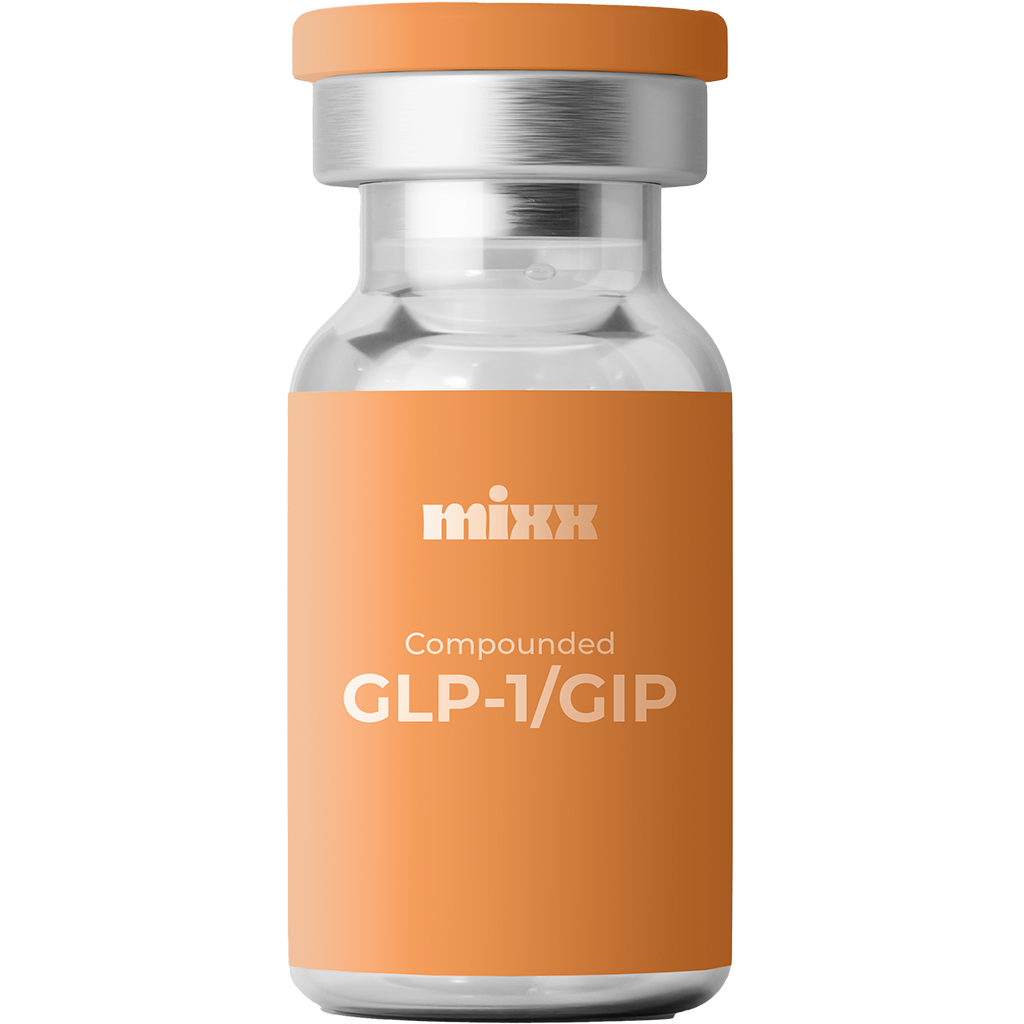Introduction to Weight Loss
Weight loss is one of the most common health goals, but it’s also one of the most difficult to achieve and sustain without proper support. For many individuals, traditional methods such as dieting and exercise alone do not deliver the desired results. The goal of these programs is to help patients achieve and maintain a healthy weight.
That’s where medical weight loss programs with prescription medications come in. These programs combine evidence-based treatments, healthy eating, and exercise guidance to help patients not only lose weight but also maintain results long-term through a medically supervised weight loss approach.
At Mixx Health and Wellness, we specialize in providing access to affordable, physician-led weight loss programs. Our comprehensive weight management program is led by board certified experts in obesity medicine. With $0 consultations, custom dosing plans, and unlimited check-ins, we empower patients to reach their goals safely and effectively from the comfort of home.

Understanding Medical Weight Loss
Medical weight loss is a structured, physician-supervised approach that incorporates prescription medications with lifestyle changes. Weight management medications are prescribed as part of a comprehensive approach to help patients achieve and maintain a healthier weight.
- Medications: These are prescription medication options that may be used to support weight loss when lifestyle changes alone are not enough.
The goal of medical weight loss is to help patients lose weight safely and effectively. These programs are designed to treat overweight and address weight related conditions, such as metabolic and movement disorders.
Losing a certain percentage of body weight, such as 5-10%, can lead to significant health improvements.
How It Works
- Medications: Prescription weight loss drugs reduce hunger, increase satiety, or regulate blood sugar for better weight control.
- Personalized plans: Providers develop a program tailored to the patient’s health history and goals.
- Comprehensive care: Medical weight loss integrates diet, exercise, and ongoing support.
Common medications include GLP-1 receptor agonists such as semaglutide and tirzepatide, which are part of a broader class known as GLP-1s. GLP-1 medications are frequently prescribed for both diabetes and obesity and are integrated into many weight loss programs under medical supervision. Clinical trials have shown that these treatments can lead to an average weight loss of 10-20% of body weight when combined with lifestyle changes.
The goal of medical weight loss is not just quick results, but sustainable weight management that reduces the risk of serious conditions such as high blood pressure, cardiovascular disease, sleep apnea, and type 2 diabetes.
Healthy Eating for Weight Loss
Medication can be powerful, but it works best when combined with a balanced diet. Healthy eating habits are essential for effective weight management and should be maintained alongside any medication.
Meal replacements can also be incorporated into structured weight management programs, often under professional supervision, to support calorie control and nutritional balance.
Some dietary changes or the use of meal replacements may cause gastrointestinal discomfort, but healthcare providers can help manage these effects.
Key Principles of a Healthy Eating Plan
- Balance: Include fruits, vegetables, whole grains, and lean proteins.
- Consistency: Eat regular meals to stabilize blood sugar and reduce cravings.
- Awareness: Limit processed foods, sugary beverages, and high-fat snacks.
- Customization: Work with a dietitian or healthcare provider to create a plan that fits personal preferences and health needs.
A sustainable diet is not about restriction—it’s about learning habits that patients can maintain for life. At Mixx Health and Wellness, providers often guide patients toward manageable changes rather than extreme diets.
The Role of Physical Activity
Exercise is another critical component of a successful program.
Benefits of Regular Exercise
- Enhances insulin sensitivity and supports blood sugar control.
- Preserves lean muscle mass during weight loss.
- Boosts energy, mood, and overall mental health.
- Reduces the risk of cardiovascular disease and other chronic illnesses.
Even moderate activities such as walking, biking, or swimming can compound the benefits of weight loss medications. For sustainable results, physical activity should become part of a patient’s lifestyle, not just a short-term effort.

Medications for Weight Loss
Medications for weight loss can be a valuable tool for individuals who have struggled to lose weight through diet and exercise alone. These medications are designed to help people lose weight more effectively and support successful weight loss over time.
Prescription weight loss medications are typically recommended for those with a body mass index (BMI) of 30 or higher, or for individuals with a BMI of 27 or above who also have a weight related medical condition such as high blood pressure, type 2 diabetes, or high cholesterol.
There are several FDA approved prescription medications for weight loss, each working in different ways to help reduce appetite, increase feelings of fullness, or decrease the absorption of fat from food. Some of the most commonly prescribed options include:
- Orlistat (Xenical): Blocks the absorption of fat in the digestive system.
- Phentermine-topiramate (Qsymia): Suppresses appetite and increases feelings of fullness.
- Naltrexone-bupropion (Contrave): Affects brain pathways involved in hunger and cravings.
- Liraglutide (Saxenda) and Semaglutide (Wegovy): GLP-1 receptor agonists that help regulate appetite and food intake.
These prescription medications are most effective when combined with a healthy eating plan and regular physical activity. By working closely with a healthcare provider, patients can find the right medication to support their weight loss journey and address any underlying health concerns.
Insurance Coverage and Cost
One of the most common concerns patients have is affordability. Coverage for medications may require contacting your insurance company or insurance provider to confirm what is included in your plan.
- Insurance cover for weight management medications can vary depending on your specific plan and provider.
- Some plans may require prior authorization, especially for injectable medication prescribed for weight loss or type 2 diabetes.
- It is important to check with your insurance provider to understand your benefits and any out-of-pocket costs.
When considering pricing, membership cost may include medication and ongoing support. Costs can vary depending on insurance cover, medication options, and whether you are self-pay or using insurance. There are a variety of medication options available, including injectable medication, and it is important to discuss other medications you have previously tried as this may be required for authorization. Costs and coverage can also vary depending on the type of medication, your insurance provider, and your individual circumstances.
Key Factors to Consider
- Insurance plans: Some cover prescription weight loss medications, while others do not.
- Cash-pay options: Many clinics, including Mixx Health and Wellness, offer affordable monthly plans without requiring insurance.
- Assistance programs: Patients may qualify for discounts or savings cards for brand-name medications.
At Mixx Health and Wellness, compounded GLP-1 therapies are available starting at $120/month, making treatment more accessible than brand-name options that can cost hundreds per month.

Getting Started with a Weight Loss Program
Beginning a new weight loss journey can feel intimidating, but with professional guidance, it becomes manageable and motivating. Setting clear weight loss goals is an important first step to ensure you have a roadmap for your progress.
Our program guides you through each stage, providing the tools and support needed for losing weight safely and effectively.
With ongoing support and accountability, you increase your chances of weight loss success and maintaining your results for the long term.
Steps to Get Started
- Consult with a provider: A licensed physician evaluates medical history, current medications, and health conditions.
- Personalized treatment plan: Providers create a plan that includes medication, nutrition, and physical activity.
- Medication initiation: Patients begin a safe, effective dosing plan designed to minimize side effects while maximizing results.
- Ongoing support: Providers monitor progress and adjust treatment as needed.
This structured approach ensures that patients are not left to navigate weight loss alone.
Maintaining Weight Loss
Reaching your weight loss goal is a significant achievement, but maintaining that success requires ongoing effort and support. One of the most effective ways to prevent weight regain is to continue following a healthy eating plan and a consistent exercise plan, even after you’ve lost the weight. Developing healthy habits and making them part of your daily routine can help you sustain your results for the long term.
Many weight loss medications are designed for long-term use, providing continued support to help you maintain your weight loss. Regular check-ins with your healthcare provider are essential for monitoring your progress, adjusting your treatment plan, and addressing any challenges that arise. Ongoing support from a care team, including registered dietitians or participation in a weight loss support group, can also boost motivation and accountability.
By staying committed to your healthy lifestyle, utilizing weight loss medications as prescribed, and seeking ongoing support, you can increase your chances of successful weight loss maintenance and enjoy the benefits of a healthier weight for years to come.
Why Choose Mixx Health and Wellness
Mixx Health and Wellness provides a complete solution for medical weight loss that is both effective and accessible.
- $0 consultations with licensed physicians.
- Unlimited provider access for safe and convenient care.
- Custom dosing plans tailored to individual needs.
- Affordable pricing starting at $120/month.
- Convenient delivery of medications directly to your door.
This model ensures patients are supported every step of the way while maintaining affordable access to powerful, research-backed treatments.
Frequently Asked Questions
What is the 3 3 3 rule for weight loss?
The 3 3 3 rule encourages eating three meals per day, waiting three hours between meals, and limiting eating to a 12-hour window. This approach helps regulate metabolism and reduce overeating.
What is the most successful prescribed weight loss medication?
GLP-1 receptor agonists, such as semaglutide and tirzepatide, are currently considered the most effective prescription weight loss medications when combined with diet and exercise. These medications have also been studied for patients with a weight related condition, such as obesity or other health issues associated with excess weight.
What did Kelly Clarkson use to lose weight?
While celebrities may discuss their weight loss journeys, treatment choices vary. For medically supervised and safe results, it’s best to consult a licensed provider.
What is the new drug replacing Ozempic?
Tirzepatide (brand names Mounjaro and Zepbound) is a newer prescription medication that may offer greater weight loss than semaglutide for some patients. These medications are used to treat overweight and obesity, and should be used under the guidance of a healthcare professional as part of a comprehensive weight management plan.
Are weight loss medications safe for people with eating disorders?
Individuals with active bulimia nervosa or other eating disorders are not eligible for prescription medication for weight loss. It is important to address and treat eating disorders separately before considering weight loss medications.
Conclusion
Weight loss programs with medication represent one of the most effective ways to achieve and sustain long-term results.
By combining prescription therapy with lifestyle changes, patients can not only lose weight but also improve their overall health and reduce the risk of serious chronic conditions.
At Mixx Health and Wellness, we make medical weight loss safe, affordable, and accessible. With personalized treatment plans, ongoing support, and convenient delivery, patients can finally take control of their health and achieve lasting results.

